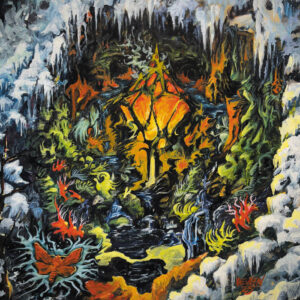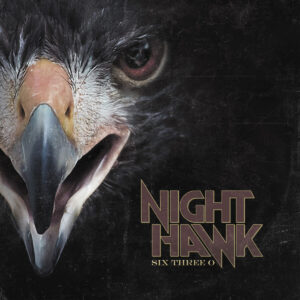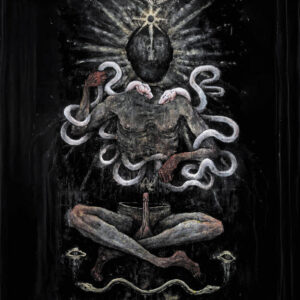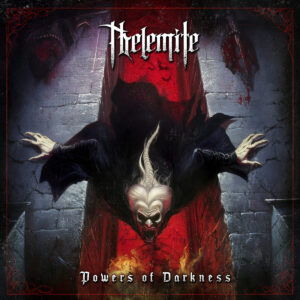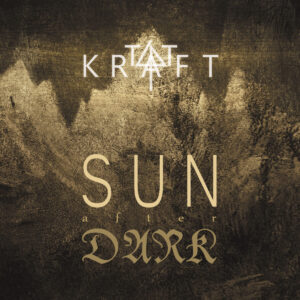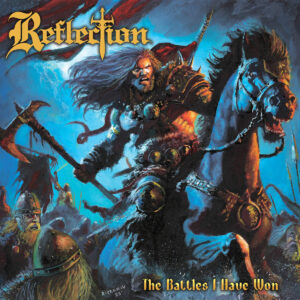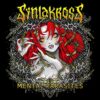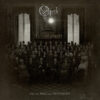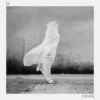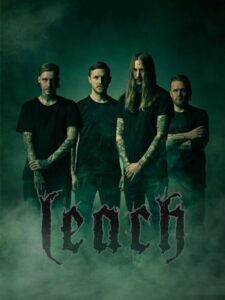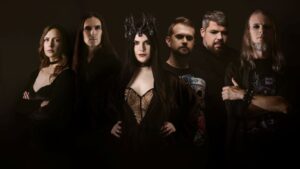Galizier
Paganland
•
April 12, 2020
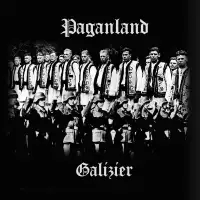
The wind blew harshly on the hills in the country, making the grass twist in the dirt, uprooting all sense of time. The sky was lit with a flame and there was but one cloud drifting overhead. A boy, not much older than five or six years, imagined the cloud in all sweet foods and toys he could only dream about. He wore a loose cap and soiled clothing, and he fooled with the tear in his pants. This place was his only place of quiet. This was almost a hundred years ago. PAGANLAND, a pagan black metal project from Lviv, Ukraine, creates a blend between the rage of history and their magnificent style of sound. "Galizier," their most recent album, is something that is powerful-not just in the way the music feels, but in the, perhaps, unseen meaning. The album is a representation of the Ukrainian Galacian military that fought against the red plague or communists starting in the earlier parts of the 20th century, right around the end of World War One. Through "Galizier," stories and thoughts from the period are told through each line of the fabric; "UGA (УГА)" is a story about a Ukrainian soldier who fought in a war against Poland in 1918. The album is not trying to glorify the happenings in Ukraine. Rather, the album is a re-telling and impression of a brutal historical period that must hit close to home for this Ukrainian band, making the pieces quite sensitive.
"Brody-Feldbach (Броди-Фельдбах)" is an atmospheric, chorus based, intro piece. With no harsh vocals and few notes, it immediately gives the listener a deep sense of melancholy in a glazed nightfall. Expecting a much guttural and coarse opening, this was the purest and realizing beginning I could have wished for. Hidden in the background, a drum, faded by time, carried out a militant, rhythmic pattern. This was extremely subtle, but easily understood. The bleakness was shrouded in authority. Synths are pulled into the "The Legionary (Легіонер)." With higher pitched drums, and a black-metal format, there began to appear a world not in black nor shame, but in a blinding light. Bells chime and the child hears. He must have fallen asleep on the grass, for he woke up with heavy eyes. He hears his mother calling for him in a panic. But his legs feel like glue and he does not move. A whispery flutelike sound mimics the sound of the air, and the song creates a bit of a folk element towards the end, as the voice becomes heavier. "In the Heart of Forever (Назавжди у серці)," drags previous thoughts towards the song. The vintage sounding, flute-like, instrument combined with a chugging sense of guitars, makes the song stuck in one's throat. A breakdown of off-beat melodies, makes the words flow over like water. It is chaos.
The child stays and his mother returns to the home. He runs his fingers through the grass and with fascination, watches the bugs crawl. "Ideology (Ідеологія)" is quite theatre-like. Bells toll and the drums sound off in the distance. The pitch changes and in a childlike fantasy, everything is heard on a higher frequency. At the end of the piece, there is a man talking. He sounds as if he was on a news channel or he was giving orders, or was someone in charge. He sounds prideful. "UGA (УГА)" begins in a ritualistic behavior. Commands are given and the music becomes weight. A bluesy sounding riff combines the song, and the rest fades out. The child watches a cloud grow and he wonders where it came from, and where it was going. He wanted to follow it and started to run. He tripped over something and fell on his face. A man with forest green skin helped pick him up. The man seemed to appear out of the ground. He was also dirty. "Galician Night (Галицька ніч)" is ethereal. A loon calls across the still waters. The flute appears and dances through the movement. There is a choir of vocals with wistfulness. It is an old folk tune in a haze of mystique. The man asks where home was for the boy. The boy refused to talk to the man, so the man leaves the boy, walking towards the village with other green skinned peoples. "Von Wachter (Фон Вехтер)" begins with a man speaking, sounding as if it were a whispery recording. The song becomes ritualistic as it moves, but the guitars are simple despite the complex language. The flute is once again implemented, but it is much clearer here rather than quiet. The militaristic drums appear once more, as the start to the album, building to more classical-style drums flowing throughout the century. The synth sounds make the majesty of the song. As the men return to the village, the boy hears what sounds like a crowd cheering as the music fades. But the boy does not go home, for he fears what might be there. Instead, he chooses to smile in the sun and drift off into another sleep.
PAGANLAND's "Galizier," is not only historically present, but it creates a profound consciousness that can be only achieved through the stunning sounds of the notes. This album deserves to be heard, being aware of the deep reverberations that might go unnoticed.
9 / 10
Almost Perfect
Songwriting
Musicianship
Memorability
Production
"Galizier" Track-listing:
1. Brody-Feldbach (Броди-Фельдбах)
2. The Legionary (Легіонер)
3. In the Heart of Forever (Назавжди у серці)
4. Ideology (Ідеологія)
5. UGA (УГА)
6. Galician Night (Галицька ніч)
7. Von Wachter (Фон Вехтер)
Paganland Lineup:
Ruen - Keyboards
Lycane - Drums
Eeire Cold - Guitars
D.L. - Vocals
More results...
